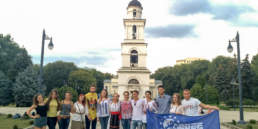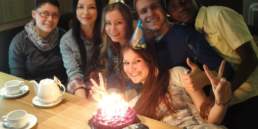Berlin, Voronezh, Las Palmas, Tartu and Skopje: these great cities host or hosted Summer University Projects School this year. In these three-day events more than 90 participants learn everything to organise great Summer Universities. Three of the five trainings have already finished, the fourth one in Tartu started today. The Summer University Coordination Team (SUCT) told the Golden Times how fantastic the events were so far.
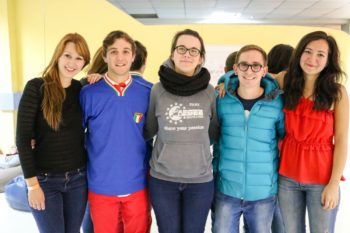
GT: This year the SUCT organises five small SU Project Schools. Three of these SUPS have already finished, the fourth one is taking place right now. What was your motivation to introduce this new concept?
SUCT: Training motivated but inexperienced members to organise high quality Summer Universities, which are rich in content, is the key to success of whole project. Unfortunately, in past years we have noticed a decreasing number of participation in the classic Summer University Project School, an event which lasts for an entire week and costs about 100 Euros without travels. Therefore we took a risk and introduced a not so new concept of shorter SUPS available for more participants – they are cheaper and closer to everybody, without the need of taking a whole week off.
GT: Great idea, but what about all the content?
SUCT: Somebody might think that content has to suffer because of such change, but we believe that this is not the case! We still managed to implement around 26 hours of the most necessary sessions, including a very interactive and popular SU Case Study.

GT: Where are the events taking place, by the way?
SUCT: The first SUPS took place in Berlin from 19th till 22nd of January, followed by events in Voronezh and Las Palmas. Today, one SUPS is starting in Tartu and the last one will happen in March in Skopje.
GT: Are you satisfied with the events so far?
SUCT: Yes, very much! And according to the evaluations of the participants – anonymous but also open ones – they are satisfied as well! So far we trained 53 participants and approximately 40 more are about to be trained.
GT: How many participants take part in a regular SUPS and how many take part in the five small SUPS?
SUCT: They are designed for training the same number: 25 participants. If we organise five short ones instead of one long one, we deliver trainings to more people, even if only half of participants arrive. The actual amount of participants this year varied between 10 and 22 so far, and we have to say that a small group is much easier to handle.
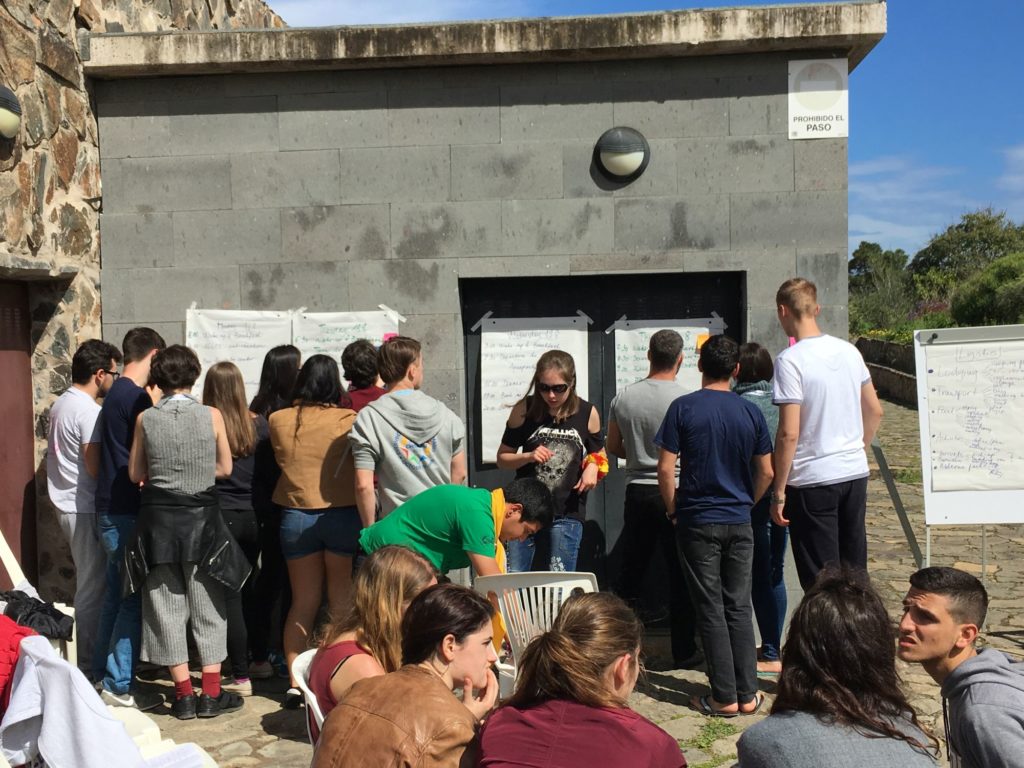
GT: These events are short in number of days, but intense every single day. Can you tell us more about the structure?
SUCT: We have approximately nine hours of sessions every day, but all of them are very interactive and involve every single participant. As a last session before the evaluation and open space, we implemented a Case Study, where the participants put all the obtained knowledge to practice and work as one SU organising team, under time pressure, external stress and solving problems very quickly. The normal sessions include everything what an organiser has to know: team management, content management, participants’ management, logistics, public speaking, budgeting, FR, PR, how to give and receive feedback and much more. During the incoming and departure day the participants have time to see the city and relax a bit as well. One thing that was not implemented on all SUPS were reflection groups – all participants were split into smaller groups, each with one trainer, where they could give their very personal feedback about the day, the programme and the personal feelings. It took quite some time, but it for sure made the whole event more personal.
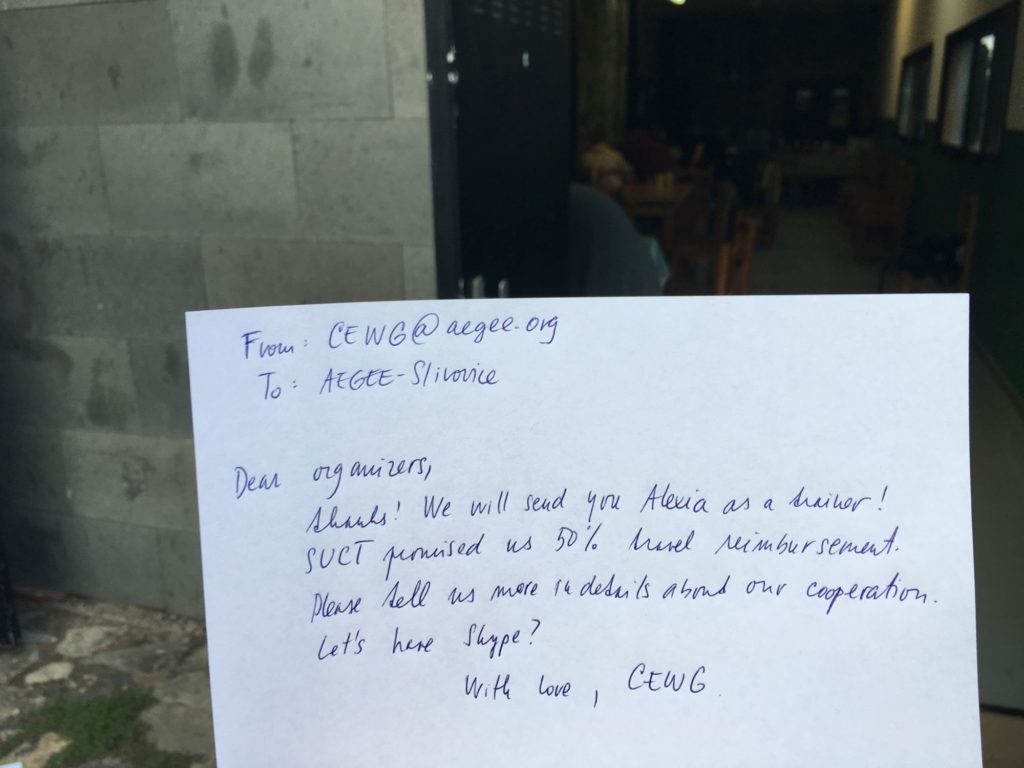
GT: The casework is an essential part. What kind of tasks did the teams have to solve?
SUCT: The overall task was, of course, to organise a Summer University. The participants were distributed into teams and given fake AEGEE locals with their descriptions and each 5 to 20 minutes a new task appeared. Some of them were obvious – programme, budget, name and so on – and some of them made them to think and act, for example: “Write a FR mail and then come for the FR meeting” or “Give a presentation of your SU on a NWM” or “Solve a sudden conflict”. Also, as everywhere, the teams were not sure of spam, so they had to deal with this as well.
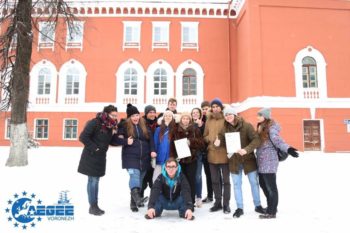
GT: How did they deal with the immense time pressure?
SUCT: The clock was ticking mercilessly and the participants rarely took a break to pee, but they were very much into their roles and did a great job! Of course, not every group finished everything, but as they were on their own and got no tips from trainers, they saw many of the aspects it takes to organize, from forming a team and task distribution to writing a lot of text in a short time. In the end, almost everyone would have liked to continue.
GT: For sure the participants and case teams impressed you with some original ideas. Can you name some?
SUCT: We loved how creative participants can be when it comes to names, such as “How low can you go to get high” or with content ideas – for example the “Intercultural study about citizens of Slovakia, Austria, Czech and Hungary”. There were also very funny PR ideas, such as drawing logos on papers and putting in memory envelopes to other participants or creating real Facebook group to promote their fake SU. Also, some groups started to interact and collaborate between each other and using possible AEGEE bodies like PRC to create their designs.
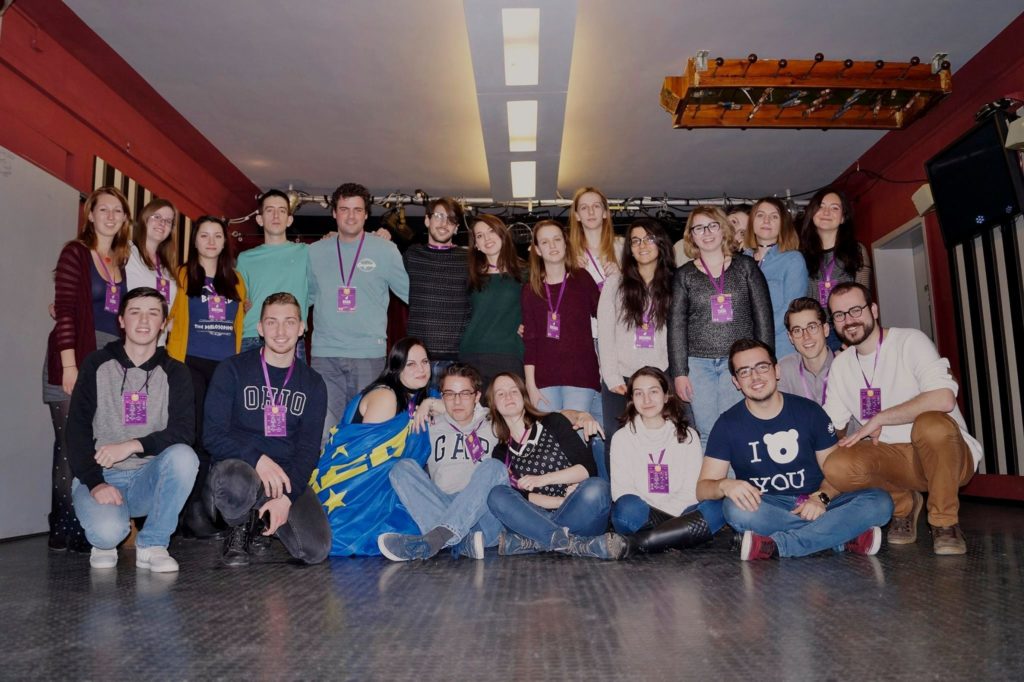
GT: European School are also famous for lots of funny moments. Can you share some with us?
SUCT: “Bueeeeeeeeeeh!”, “Silenciuuuuuum!”, “Who is Nikola Tesla?” Guess you had to be there……
GT: How many trainers do you need for such a mini SUPS?
SUCT: We set from the beginning the bar low: one SUCT representative and two trainers. But honestly, the more participants you have, the more trainers you need. The trainers we have are amazing people, but all of them changed into a tired zombie after. One would not believe how hard teaching is! In Berlin we managed to have five trainers and it was just amazing! Unfortunately, we cannot afford this amount for each SUPS.
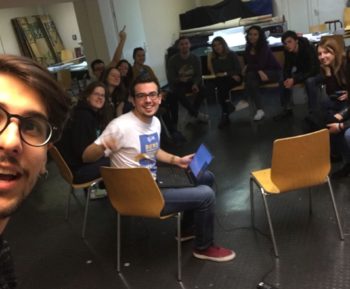
GT: Did you write the programme from scratch or did you have some good models to build upon?
SUCT: We brainstormed within SUCT and with trainers from last year, drafted a programme and showed it to each team of trainers. In the end, after many, many online meetings, each SUPS modified this programme based on the needs of the participants and the experience of trainers. At each SUPS there SUCT members were trainers.
GT: Did you party hard?
SUCT: Obviously! But no one was snoring during the sessions, and everyone was almost on time! Another advantage of a shorter event – it’s survivable with little sleep.
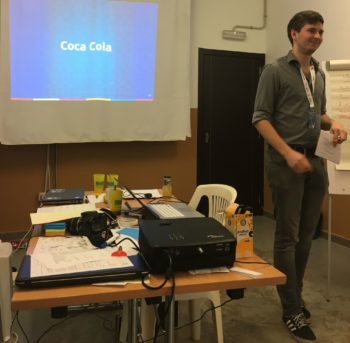
GT: You also accepted people from BEST. Were they able to contribute and did they also learn something?
SUCT: Yes, in total we have four people from BEST attending SUPS. They contributed in every single workshop and for sure they learned something they can use in organising BEST events. And who knows, maybe SUs will be available for BESTies as helpers as well? P.S.: One of them became AEGEE member during the event!
GT: Anything else you would like to add?
SUCT: We would like to thank all organisers who ensured a smooth process and peaceful places for our intense workshops and organised the most awesome parties. And we would like to thank all trainers who sacrificed their free time in order to create a fresh group of motivated organisers! If you are thinking of organising an SU next year, do not hesitate and apply for next years’ SUPS. Ask one of the participants and we are sure they are going to recommend it!

